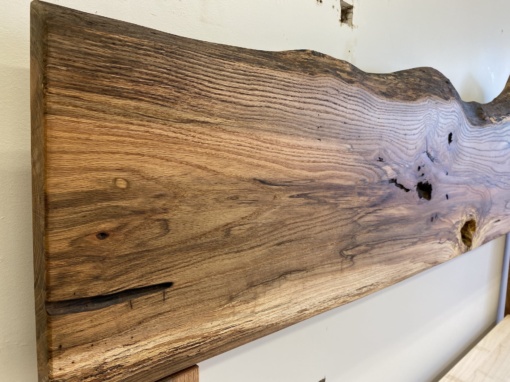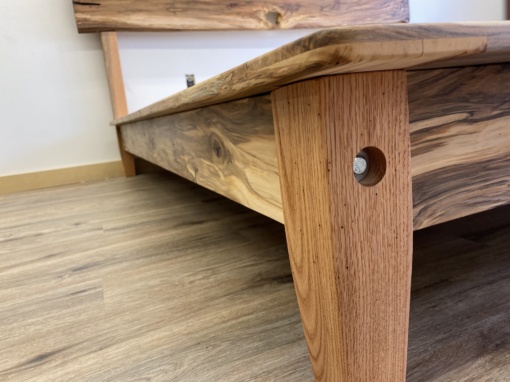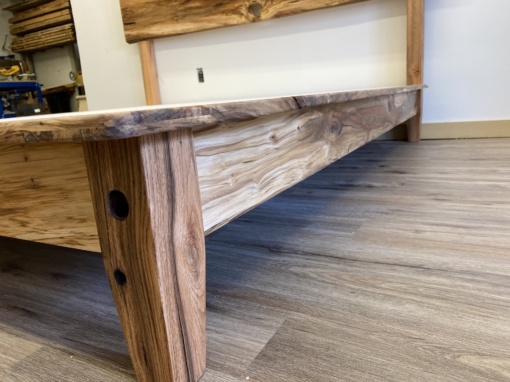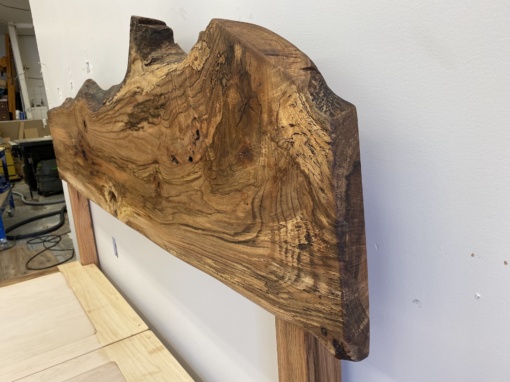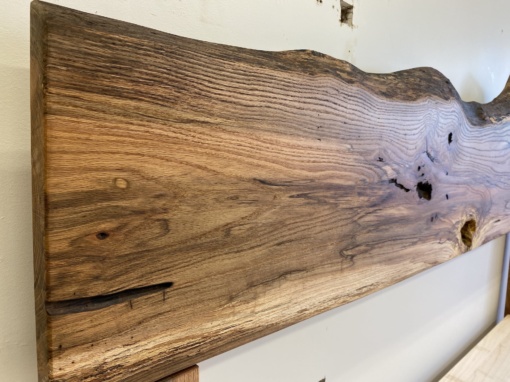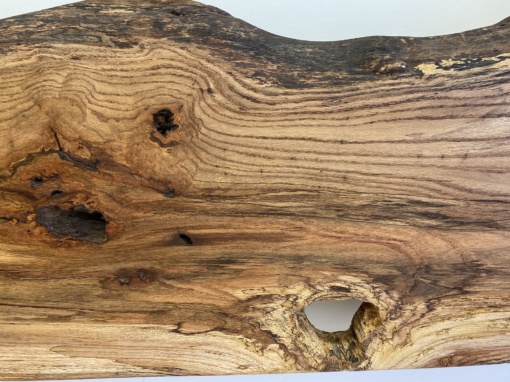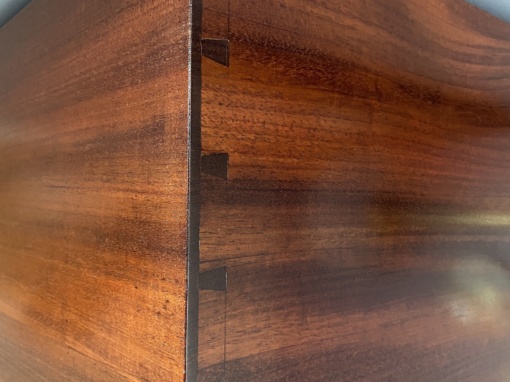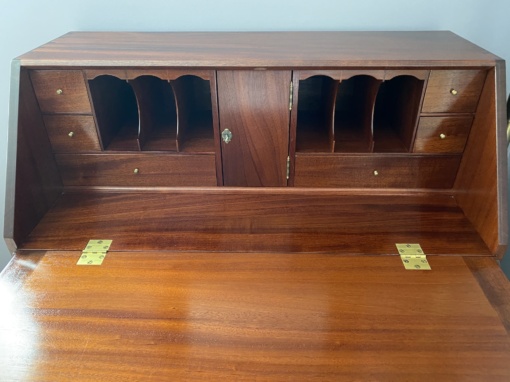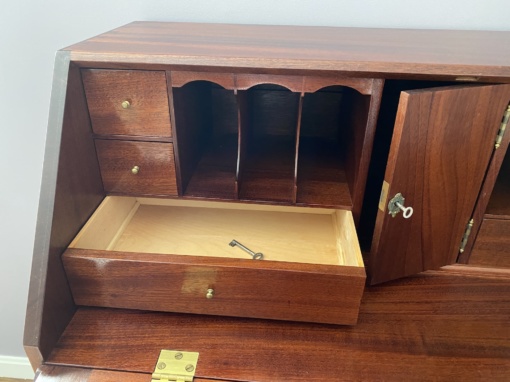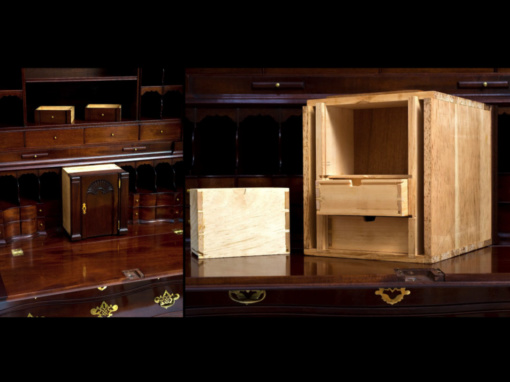It’s best to water your yard and gardens in the morning. Night watering allows the yard to stay wet too long, inviting disease.
Lawn & Garden
Deer Deterrent
If deer are hungry enough, they will eat almost any plant. However, some plants are less appealing than others, depending on what your local population has learned to eat so far. Daffodils are often cited as being deerproof, along with glory-of-the-snow (Chionodoxa) and crocus. Unfortunately, tulips and lilies are deer favorites. You might ask some of your neighbors if they have had luck with any particular plants, then try those in small quantities as an experiment. Many gardeners use repellent sprays with varying success, but to be as effective as possible they must be applied and reapplied according to the instructions. Home remedies include using soap, blood meal, human hair, and so on, but in the end the only truly reliable solution is a deer-proof fence.
Compost Volume
Compost piles trap heat generated by the activity of millions of microorganisms. A 3-foot by 3-foot by 3-foot compost pile is considered a minimum size for hot, fast composting. Piles wider or taller than 5 feet don’t allow enough air to reach the microorganisms at the center.
Slope Finder
You can use a level on top an 8 ft.-long 2×4 to determine the slope for yard and garden projects. If you need a slope of 1/4 in. per foot, tack a 2-in. block under the 2×4 on the down- slope end. When the bubble is level, you will have 1/4 in. per foot (2 in. divided by 8 ft.). You can vary the block height for other slopes. If you want a slope of 1/2 in. per foot, make the block 4 in. high.
Hanging Plants
Consider planting flowers in hanging baskets if your garden space is limited.
Mulching Annuals
A good mulch prevents water loss, helps control weeds, and can enhance the flower bed appearance. Grass clippings can be used but they deteriorate quickly and have to be replenished often. When lawns don’t grow, clippings will be in short supply. Avoid bright colored mulches such as marble chips as they may attract more attention than the flowers. A neutral colored mulch is best. Because annuals are replanted every year, select mulches that decay when worked into the soil. Permanent mulches, such as bark or stone, interfere with replanting.
Garden Hose Storage
The best way to store a garden hose neatly is to keep it rolled up on a hose reel or hanger. But often you need to stack the hose temporarily between watering jobs. If you just coil the hose into layers of circles, it can lead to tangles when you later pull the hose off the stack. Instead, loop the hose into a figure-eight pattern as you gather it up, layering the figure eights over each other. The pattern will let you pull the hose off the stack virtually snag-free.
Stiped Cuts
Ever wonder how golf courses and athletic fields achieve the striped cuts? By simply cutting in a back and forth pattern the grass will tend to lay in the direction of the sun. By constantly repeating this you can “train” the grass to achieve this effect. Cool season grasses stripe better than warm season grasses.
Shoveling Safety
Before you go out to shovel the snow from your driveway and walks, take a few moments to prepare yourself for what is often a good workout. Do few stretches, drink plenty of water and dress in layers. Boots with good traction are a must, as are gloves that allow you to firmly grasp the shovel’s handle. Never try to lift more than you can carry and avoid smoking as it reduces oxygen needed for such strenous work.
House Plant Insects
nsects can live in house plant soil. The most common of these is the fungus gnat. The adult lays eggs that produce small white maggots. The maggots eat fungi growing on the organic matter in the soil but they can feed on the roots. The insect is most likely to be a problem when the soil is kept too moist. The maggots can be seen wriggling on the soil surface when the plant is watered.
A malathion drench will control the insects but the pesticide may be more harmful to the plant than the insects.

